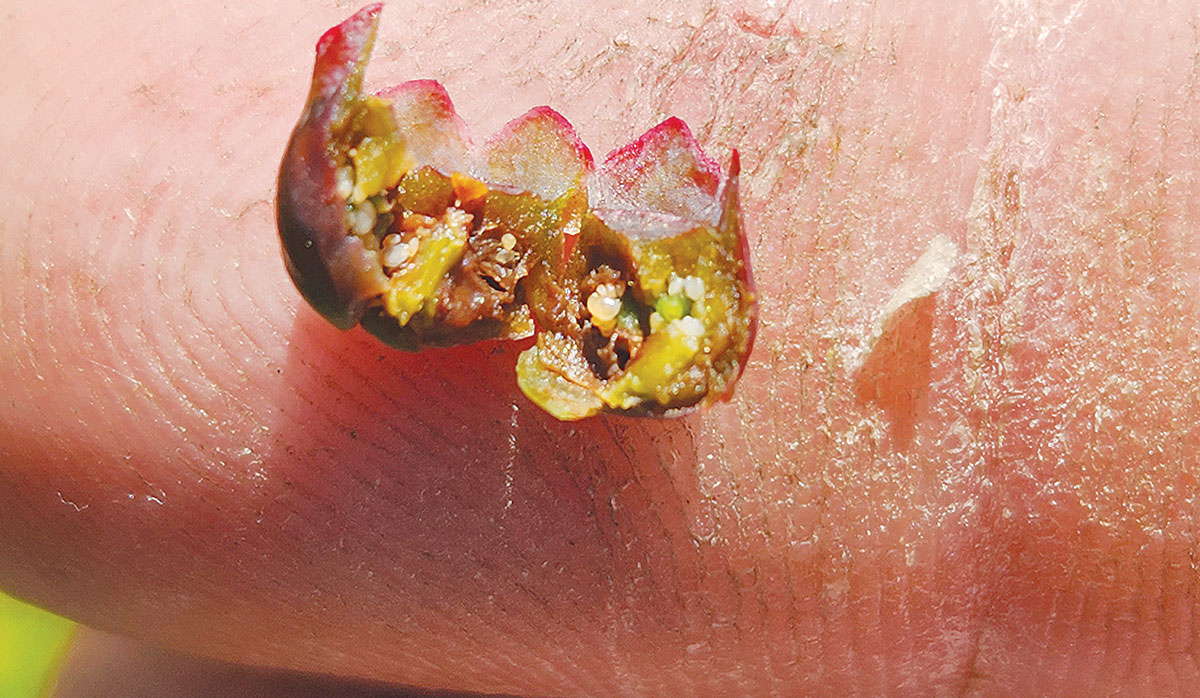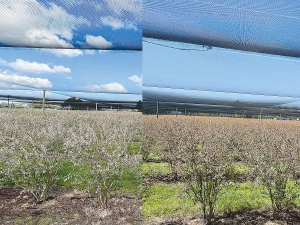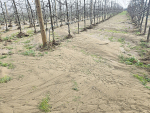Blueberries New Zealand is working with the Rural Support Trust to reach out to the growers most impacted by the devastating unseasonable frosts in the Waikato in early October.
Blueberries NZ chairperson Liz Te Amo says almost half the production in the Waikat was wiped out by the recent frosts.
"Growers are reporting anywhere between 40% and 100% crop loss," Te Amo told Hort News.
"That is massive devastation. The volumes are around the 1,200 to 1,400 tonne loss and the whole production is only 3,650 tonne a year so it has had absolutely devastating impact.
"Those growers would say they haven't suffered a single event like this since October 25, 2001."
Te Amo explains that there are two halves to the blueberry season in New Zealand now. A lot of the crops affected are those grown outdoors, which is post-Christmas production.
"There is pre-Christmas and post-Christmas. Most of the pre-Christmas is the Australian varieties; Mountain Blue orchards varieties under tunnels and in substate.
"Growing with Berry Co you will see those in the supermarkets as the Blue Royal brand. There are about 80ha of that growing under production now.
"So that's the most significant amount of pre-Christmas crop. That harvest started in August," she adds.
"That is August to December pretty much and you will be starting to see that come through in the supermarkets now. None of that crop was affected by the frosts, so it is all okay.
"The other product you see in supermarkets now is grown in glasshouses. You will see NZ Gourmet and you will see a bit of Driscolls coming into the supermarkets as well."
Te Amo says the blueberries season this year is definitely "a story of utter devastation, to going okay for growers that have protected cropping".
A lot of the post-Christmas product would have made up exports to Australia "and 95% of our exports still go to Australia so obviously exports will be impacted quite strongly".
 |
|---|
|
Frost damaged blueberry. Photo Credit: Oakberry Farms
|
Te Amo says losing 100% of your crop it would be devastating and a lot of the growers are struggling to cope.
"There is a massive impact in terms of mental health, there's a massive economic impact and there's a massive impact in terms of getting ready for the next year," she told Hort News.
"Our hearts really go out to those who have been most impacted.
"I guess stronger older companies with robust balance sheets are able often to weather the storm, look ahead and they've got the infrastructure to rebuild.
"I know a couple of the bigger guys will do that."
However, she says there will be obvious impacts.
"There will be people with mortgages, a lot of people thinking and needing to just shut the gate and go and get a fulltime job for the next six months."
Concern for Grower Welfare
"The thing I worry most about is how people are coping," Te Amo told Hort News.
"We are working closely with Rural Support Trust and amongst the executive making sure we reach out to growers most impacted and those we think need a bit more support.
"There is very little you can do but try and rally and tidy up the crop and prepare for next year."
In terms of labour, she says taking 1,200 tonnes of production out of the market place - particularly out of the Waikato - means all the labour that was lined up in the Waikato now has to find another home.
"So, a bunch of it will be flowing into the Bay of Plenty probably for fruit picking."
However, she says that those who live in the Waikato and aren't very mobile, can't just move easily and will have to find other jobs in the region.
"It impacts not just the growers but the whole supply chain, transport, the marketers, packhouses - the whole supply chain is impacted when you get such a significant loss of crop.
"I would say there is a bit of loosening of labour for berries because of that."












